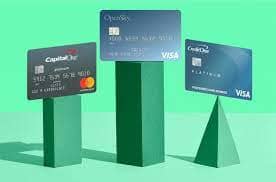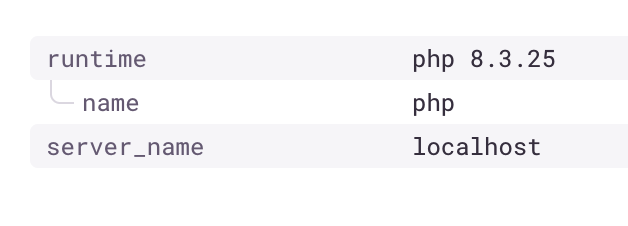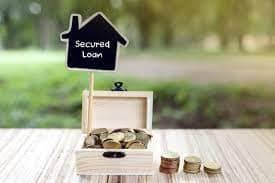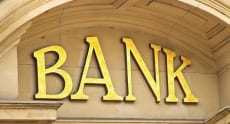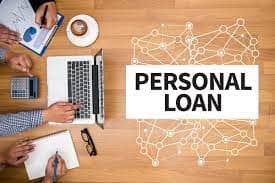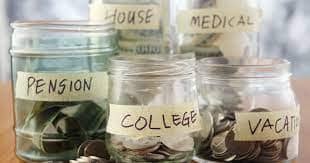If you are unsure what a secured loan is, this guide will answer your questions about this type of borrowing and the advantages and disadvantages of it. A secured loan is money that is borrowed against your home; therefore, you must be a homeowner to take out a secured loan. These loans are becoming a more popular way to borrow a large sum, especially if you have an impaired credit rating, as they are less risky for the lender.
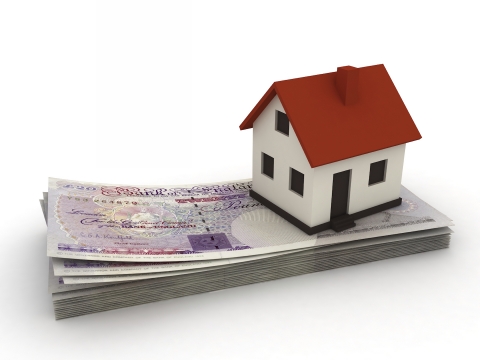
There are advantages and disadvantages to this type of loan, as there are with all borrowing types. There are less risky types of borrowing, especially if the purpose of the loan is for a new purchase or borrowing. Secured loans should only be used to cut the costs of existing debts.
If you are eligible, there are different types of secured loans available, with different limitations and rules around accessing them. As a secured loan requires the recipient to be a homeowner, people on shared ownership schemes, renters and in social housing are not eligible1.
What types of secured loans are available?
There are lenders offering secured loans for different amounts and at different variable interest rates to suit the needs of most homeowners. Some lenders will cap the amount they are willing to let you borrow at £25,000, while others offer up to £250,000.
This should not be confused with a mortgage or re-mortgage. With a mortgage, you must put down a deposit, which might be cash or equity you hold in another property if you are moving from one house to another. With a secured loan, the equity you have in your house is the amount lenders assess to decide whether they will lend to you.
How is a secured loan calculated?
As with a mortgage, the loan vendor will assess your ability to repay the loan using an affordability test. You will need to be able to prove that you can afford the payments for the secured loan, the mortgage and any other outgoings both now and in the future.
Interest rates are calculated using a number of factors, including how much you plan to borrow, with the rate usually lower if you are borrowing a larger amount2. Your credit rating will also affect your interest rate, with a poor credit rating often resulting in higher interest rates. The amount of free-equity - how much your home is worth minus the amount owed on it - will also determine the amount you can borrow and the interest rate, with lenders offering more if you owe less against the value of the house. Be aware that if house prices fall, the amount of free equity in your house will change.
Interest rates can range from 8 per cent to 20 per cent, which are still lower than sub-prime unsecured loans. Some lenders will also include terms in their lending that say they can change the variable lending rate, so make sure you check the terms thoroughly.
Missing repayments
Before you take out a secured loan, you need to be aware that the risk of defaulting or missing repayments against your unsecured loan is that the provider can apply for a court order to take possession of your house. This is to cover the outstanding amount you owe against the loans.
If you end up in court due to financial difficulty causing you to default on your loan repayments, the mortgage issuer has first call on the house and the secured loan lender has second call3. All charges are registered through the Land Registry and the process is regulated by the Financial Conduct Authority.
What are the other risks?
Although many secured loan vendors will offer a fixed rate for a set amount of time, with the length varying depending on the length of the repayment term, the interest rates will typically be variable4. This is a risky option, as the interest rates could rise in the future. Be aware that this could be sooner rather than later, as we are currently enjoying an era of record low interest rates. If you are basing the affordability of a secured loan on current interest rates, you may find yourself having problems making repayments when the rates rise. This difficulty will be multiplied if your mortgage is also based on variable interest rates.
Repayment terms - how long will you have to repay the loan?
Secured loans traditionally have repayment terms of anywhere between 5 and 25 years, with some lenders even offering up to 35 years5. The repayment term will depend on the amount you borrow, the interest rates, and how much you repay each month. There may be flexible repayment solutions available, enabling you to pay off a larger sum, which may or may not incur early repayment fees.
Additional fees
Most lenders will charge additional fees, such as product fees and administration charges. There are also arrangement fees. Check the small print for early redemption fees so that you understand how much extra you will have to pay if you decide to repay the loan early. If you are unsure about the additional fees and need help understanding the terms and conditions of the secured loan, consider using an independent financial advisor to help you choose the best product for your needs.
These are the factors you will need to consider if you are looking at borrowing money, especially in the form of a secured loan. There are various borrowing calculators available online to work out how much you can afford to borrow and repay; if in doubt, a financial advisor will help you to find the right secured loan. The most important guide is to only borrow what you need, and no more. Secured loans should not be used for luxuries such as holidays or for new purchases such as cars - there are more affordable and less risky borrowing types for such purchases.
Secured Loans Jargon Buster
-
Adverse Credit
Also known as bad credit or poor credit, this is a way of describing a low credit rating. If can be affected by your credit score, bad debts, bankrupcy, CCJ's etc. Generally loans are more expensive and have a higher rate of interest if considered "adverse credit."
-
APR
APR (Annual Percentage Rate) is a handy way to compare the costs associated with different credit cards. It is calculated as the annual rate of interest divided by 12 months. It also includes any monthly or annual charges on top of the basic interest rate.
-
APR
APR (Annual Percentage Rate) is a handy way to compare the costs associated with different credit cards. It is calculated as the annual rate of interest divided by 12 months. It also includes any monthly or annual charges on top of the basic interest rate.
-
APRC
APRC (Annual Percentage Rate Of Charge) is a handy way to compare the costs of different mortgages. It is a calculation of the total cost of the mortgage including interest payments and various fees. Mortgages have different interest rates, discounted periods and various arrangement fees including booking fees, application fees, legal fees, transfer fees and valuation fees. The APRC gives consumers a base comparison rate that allows them to compare different mortgages side by side.
-
CCJ
A County Court Judgement is issued by a court if you have failed to repay a loan or other debt. Your creditor, the company you owe the money to, has taken court action against you and if the CCJ is awarded it will negatively affect your credit score.
-
Credit Rating
Your credit rating is calculated by a number of Credit Reference Agencies in the UK. It is a score used by financial institutions to assess your suitability for a credit card, loan, mortgage and other financial products. It is a reflection of how well you have managed your finances over time. If you have regularly applied for financial products and have made the required payments on time (credit card payments, mortgage payments, loan repayments etc) you will have a higher credit score. It is also helpful if you are on the Electoral Roll. You can request a Credit Report from a number of companies in the UK including Experian, Equifax, Clearscore and Noddle.
-
Debt Consolidation
This is a type of loan that allows you to consolidate multiple loans or other debts into one single loan. One monthly repayment is made instead of many. A debt consolidation loan should work out cheaper for you with a lower interest rate and more manageable monthly repayments.
-
Early Repayment
Lenders generally don't like it if you repay early and so most secured loans will include a penalty charge that can be levied by the lender if you decide to pay off the loan before the end of the term agreed.
-
FCA
The Financial Conduct Authority is a UK based agency that regulates the conduct of lenders and brokers in the personal finance market. Its aim is to protect consumers and maintain the stability of the personal finance market.
-
First Charge Mortgage
When you take out your initial mortgage on your home, this is known as a first charge mortgage. Mortgages are a type of loan provided by a Bank or Building Society which are used to purchase a home or a piece of land. Mortgages can, in theory, be for any period of time but the most common type lasts 25 years. Mortgages are secured loans meaning the property/land is used as collateral until the mortgage is fully paid back. If you fail to make your repayments each month the bank can repossess the asset and auction it off..
-
Secured Loans/Second Charge Mortgage
Secured loans are considered second charge mortgages if you still have some of your original mortgage outstanding. The lender, in this case, is protected by any equity in your home above and beyond the amount outstanding on your original mortgage. Secured loans are fairly easy to arrange if you have equity in your home as the lender is protected. The interest rates are usually lower than you would get for an unsecured personal loan and if you have a poor credit history, a secured loan might be your best option.
1 Money.co.uk What Is A Homeowner Loan
2 Moneysavingexpert.com Loan Market Perversion: Borrow More, Pay Less
3 Securedloanexpert.co.uk Free Expert Guide To Handling Secured Loan Defaults
4 Securedloanexpert.co.uk Fixed Rate Secured Loans Remain Strong
5 Lendingexpert.co.uk Secured Loans Calculator




